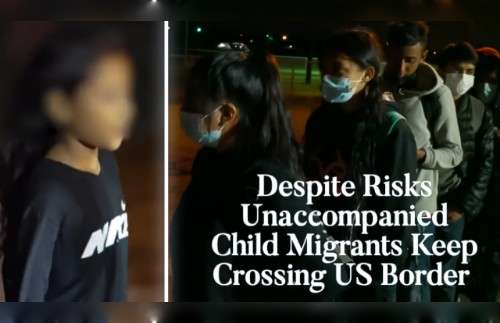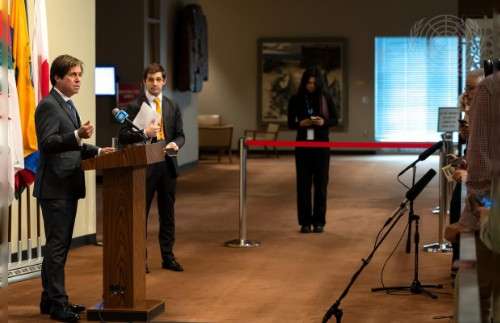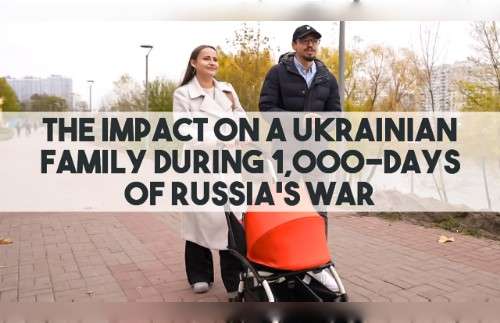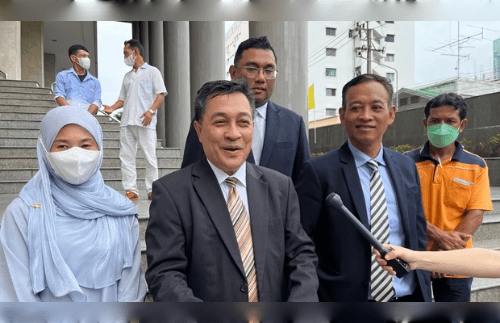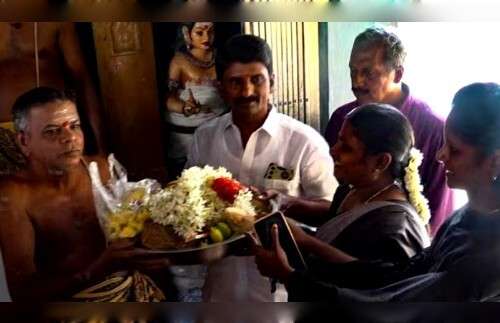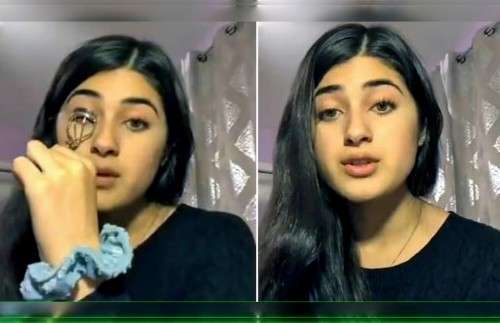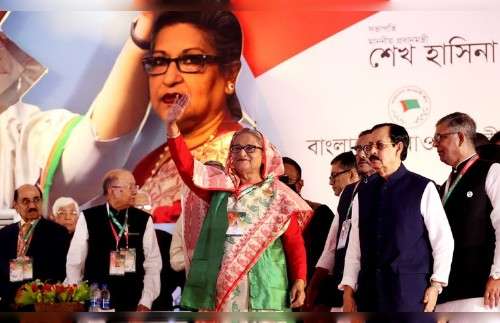
Astana: With respect to the response to the pandemic that is affecting all the countries of the world, the Central Asian Republics can be divided into two groups. On one side, Kazakhstan, Uzbekistan and Kyrgyzstan, which promptly implemented health, social and economic measures in line with those of the most advanced countries. On the other, Turkmenistan and Tajikistan which, although with different forms, are opting for a completely different strategy: that of absolute negation.
Officially, in fact, there are no cases of coronavirus, although there are many doubts, both because in Tajikistan there have been dozens of suspicious deaths, and because Turkmenistan shares a very long border with Iran, particularly affected by the pandemic”. This is what Davide Cancarini, an independent researcher on the Central Asian area, explains to Agenzia Fides, illustrating the Covid-19 containment measures implemented by the governments of that geographical area.
The highly risky policy implemented by Tajikistan and Turkmenistan could find a plausible explanation, according to the researcher, in a recurring element in the management of the power of Tajik President Emomali Rahmon and Turkmen president Gurbanguly Berdimuhamedow:
“The two leaders are different under many points of view, but they share the granitic desire to prevent any potentially destabilizing element from spreading in their respective territories. In other words, in order to prevent the slightest critical voice from being raised against their leadership or the population of the two countries from being somewhat destabilized by the admission of the spread of the virus, their choice fell on absolute denial. With obviously all the risks that this poses for Turkmen and Tajik citizens but, widening our gaze, for the international community as a whole”.
Rahmon, adds Cancarini, “has even tried to take advantage of this phase, in which the attention is almost entirely captured by the coronavirus, to ensure his succession: in recent days he has in fact appointed his eldest son, Rustam Emomali, spokesman for the Senate, second position in the country after that of President”.
The absence of Covid-19 cases in Tajikistan and Turkmenistan, the expert notes, has not however convinced the World Health Organization, which in the week between April 27 and May 3, will send missions to the two countries to evaluate the real situation on the field.
As in many States in the former Soviet Union, Tajikistan and Turkmenistan regained their independence in the early 1990s, creating republics based on rather weak foundations. For Turkmen citizens, for example, the concept of “poverty” represents a taboo, given that the government of Gurbanguly Berdimuhamedov, president confirmed for the third time at the head of the country since February 2017, wants to show the face of a growing country and in full development. The same applies to the dissemination and practice of individual rights and freedoms.
According to the latest report on press freedom, published in April 2020 by the NGO “Reporter Without Borders”, in the ranking of 180 countries in the world, Tajikistan is 161 and Turkmenistan is penultimate, followed only by North Korea. The two countries also appear very low in the Transparency International ranking: occupying 153rd and 165th positions respectively, Tajikistan and Turkmenistan are therefore among the most corrupt governments in the world.
The theme of religious freedom, on the other hand, is characterized, in both countries, by lights and shadows. The Constitution of Tajikistan, approved in 1994 and amended in 2003, recognizes the right to freedom of conscience, according to which each individual has the right to independently determine his relationship with religion and to profess any creed individually or together with others.
However, the “law on religion”, which entered into force in 2009, entailed limitations, including, for example, the obligation to register groups of faithful and the ban on private religious education. The Catholic community of Tajikistan, reborn in 1997 with the Missio sui iuris established by John Paul II, has about 100-120 faithful in the parish of St. Joseph in Dushanbe and another twenty in the church of Qurǧonteppa, a city 100 kilometers from the Capital.
As for Turkmenistan, article 12 of the Constitution guarantees its citizens freedom of worship, but there are other regulatory provisions that penalize free free religious activity: for example, articles 76 and 77 of the administrative code provide for high fines for activities by unregistered religious organizations.
The Turkmen Catholic community is made up of three Oblate priests of Mary Immaculate and about 250 faithful, who gather in the chapel of the Transfiguration of the Lord, in the capital Ashgabat.
~Agenzia Fides
Despite Risks,Unaccompanied Child Migrants Keep Crossing US Border
Mary Jane Veloso, a Filipina on Death Row in Indonesia,is Coming Home
Trapped in Lebanon, African Migrants Face Unemployment and Rockets
The Impact on a Ukrainian Family During 1,000-Days of Russia’s War
UN Security Council Meets to Discuss the Situation in Libya
Syrian Refugees in Lebanon Flee Bombs
AI Embraced by South African Universities,Seeing it as Equalizing Tool
Subscribe Our You Tube Channel
Fighting Fake News
Fighting Lies





